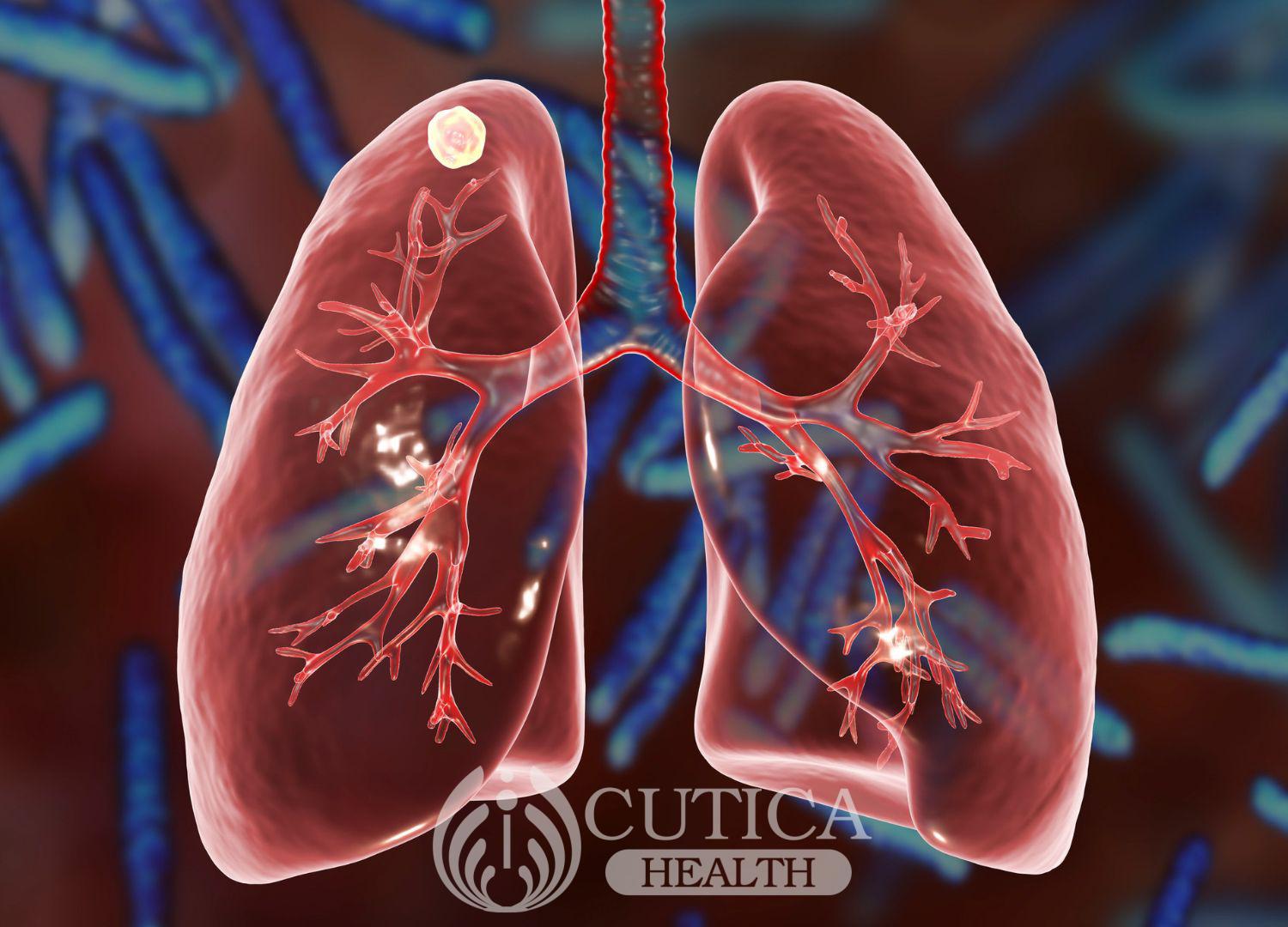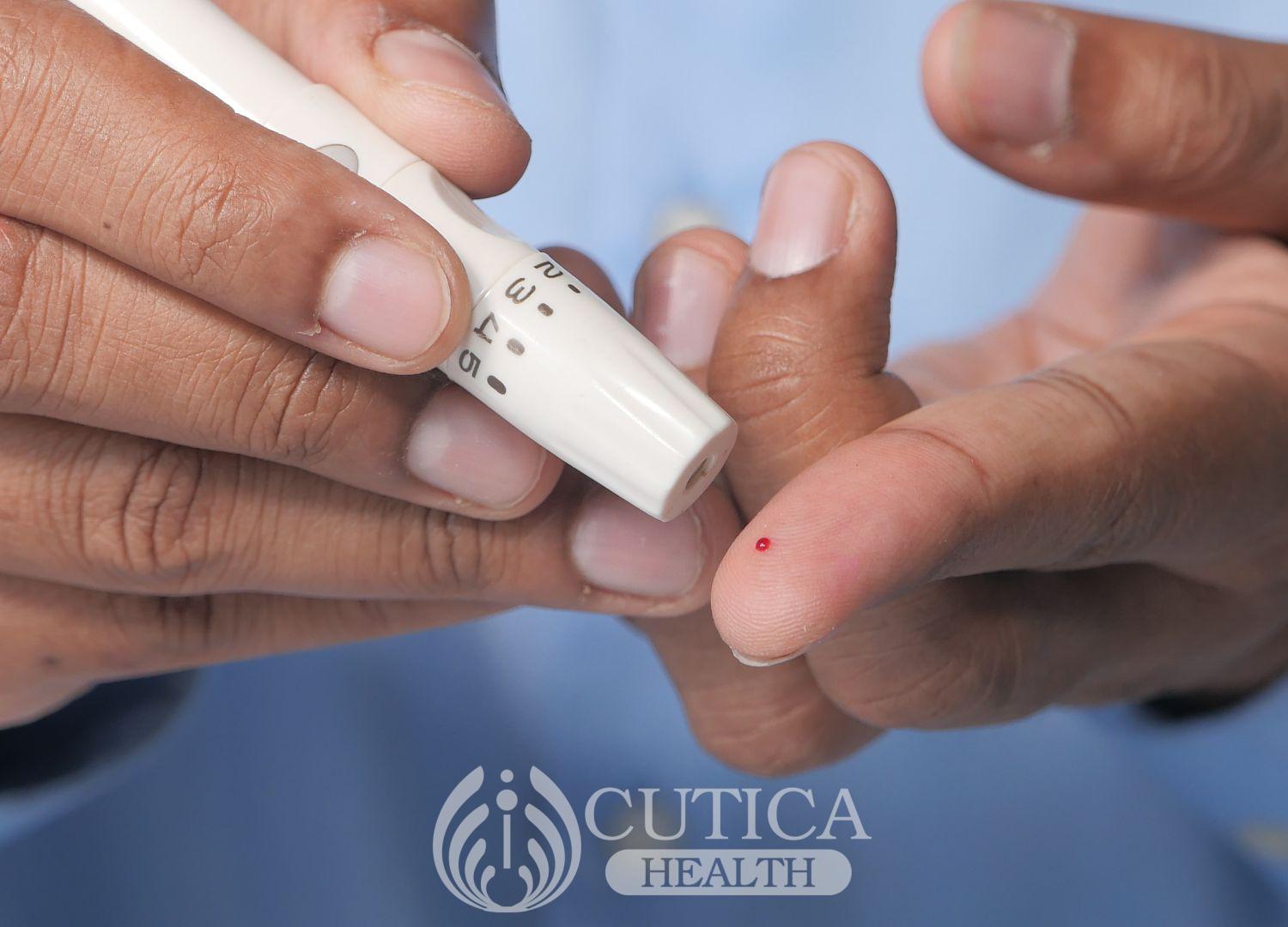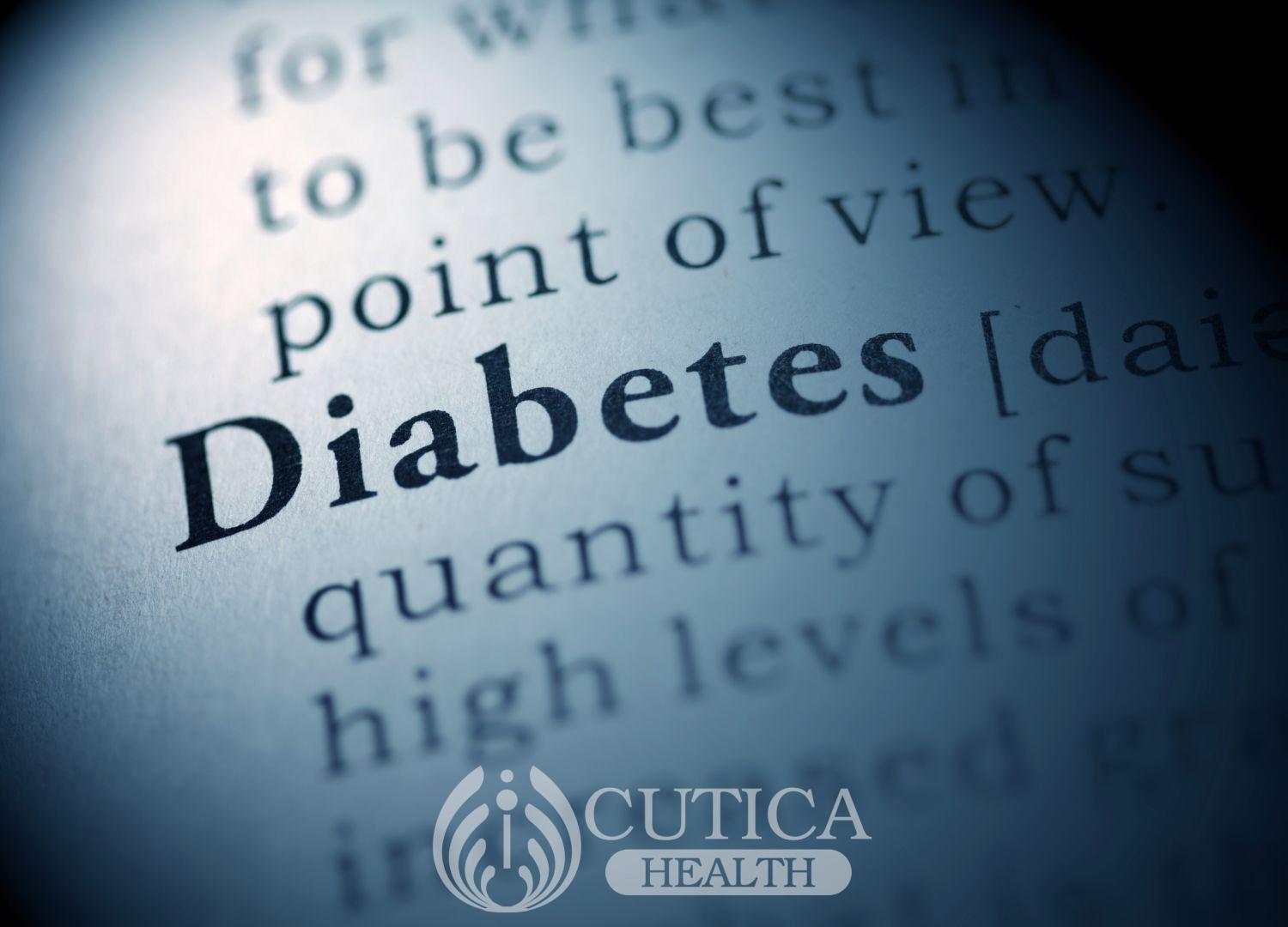
Diabetes, a slow killer that reduces the quality of life, is a serious health challenge in the world. Due to the impact of modernization and urban drift, type 2 diabetes has become highly prevalent in developing nations, with complications that include heart disease, blindness, kidney damage, and stroke. However, management of diabetes requires the simple things, one of which is controlling what you eat.
Generally, there are foods that cause a sharp spike in your blood sugar levels and foods that help your body regulate sugar. Knowing which food is right for you is essential to helping you manage diabetes effectively. Here's a list of foods to avoid if you are diabetic.
- Sugary Sweets and Beverages: Sweetened foods such as candy, desserts, and fizzy drinks lack nutrients and are laden with sugar. They are also zero-quality carbohydrates as they add no value nutrient-wise and cause a spike in your blood sugar levels. Swap sweets and soda for tiny fruits like berries and fresh fruits like oranges and pineapple.
- Fruits Juices: Fruits processed into bottles or packs are not a good choice of drinks, despite those stating 100% natural, they all have artificial ingredients, many of which are bad for health. Although fruit juice has fortified vitamins and mineral than your regular carbonated drinks, they still contain a lot of sugar and sweeteners that may do your body more harm than good. The fiber naturally found in fruit, which helps the body regulate blood sugar, is also missing in these packed juices. A better idea is to juice your fresh fruits and enjoy their natural goodness.

Fatty Foods: Saturated fats can be found in red meats, butter, cheese, palm oil, and some vegetable oil. Processed proteins like sausages, minced beef, and bacon increase cholesterol levels and promote inflammation in the body when consumed, which puts anyone at risk of diabetes and increases the chances of a diabetic patient developing complications, including heart disease and stroke. In place of foods with high saturated fat, choose white meat and fish containing omega fatty oil. - Alcohol. No amount of alcohol is safe, more so if you are diabetic. It is important to avoid drinking alcohol, as it not only worsens the body’s poor regulation of sugar, but also increases the risk of diabetic complications.
- High Carbs Foods: These include dense carbohydrates with a high glycemic index such as white rice, pasta, whole flour, and its derivatives like bread, pastries, and desserts. Instead, eat whole grains, oatmeal, brown or ofada rice and other whole-grain infused pastries. They are complex carbs and break down slower and don’t increase blood sugar.

It is a daunting task to identify the right foods or proportions for you as a diabetic patient. Nonetheless, writing down a food plan recommended by a dietician and abstaining from unhealthy treats will make a huge difference in regulating your blood sugar levels optimally.












